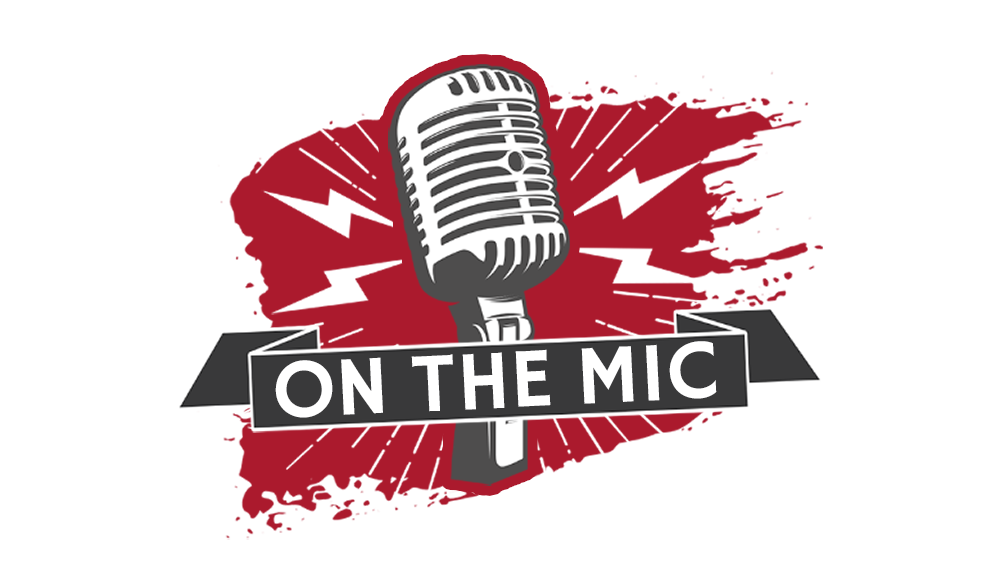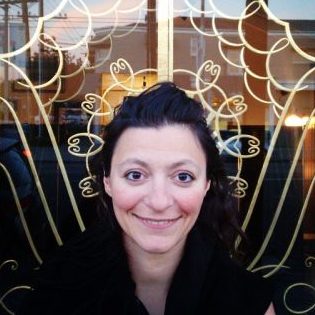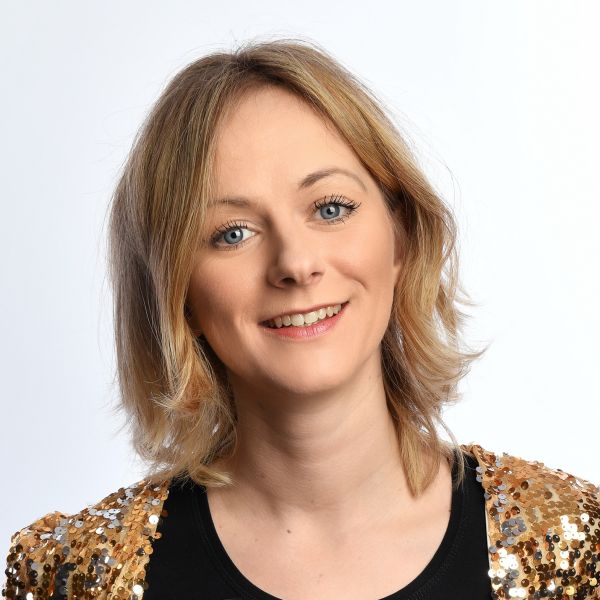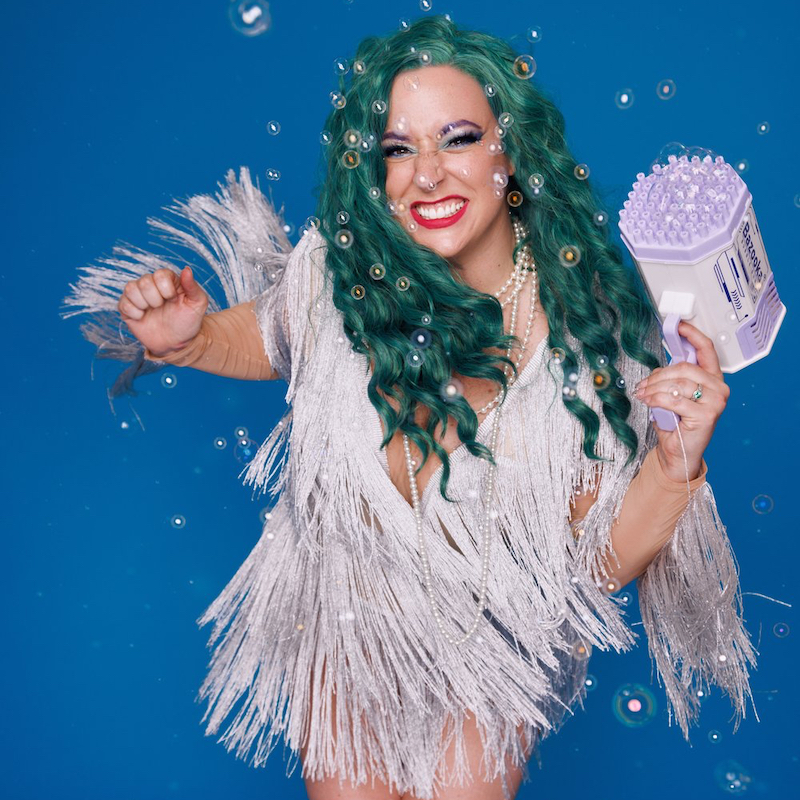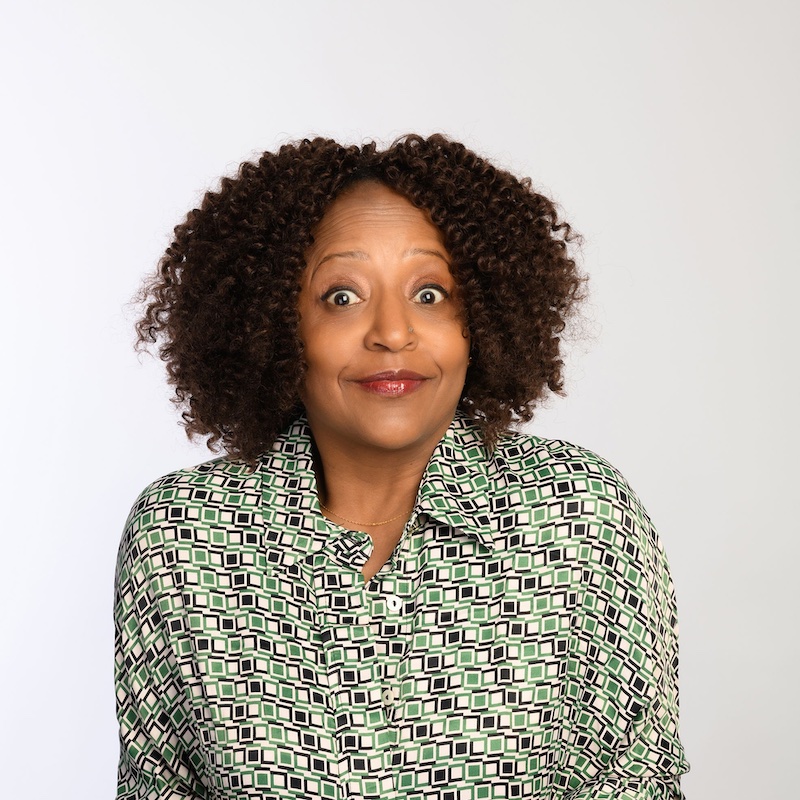Dave Chawner is a number one best selling author, award-winning stand up comedian, presenter and mental health campaigner. He’s also one of the nicest people you’ll ever meet.
PODCASTTRANSCRIPTKEYWORDS
Dave Chawner origin, comedy, Edinburgh Fringe, open mic, mental health, philosophy, eating disorders, NHS, Comedy for Coping, Good Morning Britain, unconventional topics, challenging beliefs, personal stories, comedy course.
Welcome back to On the Mic: Origin Stories. I’m Martin Walker. Earlier I spoke with comedian, author, campaigner and social commentator Dave Chawner, fresh from one of his many appearances on The Good Morning Britain sofa, he spared me a few minutes to talk about his origin story.
Do you know what? Before I started doing comedy, I was just I was a massive fan of comedy, which always makes me wonder. When people are like, “I’m just a fan of comedy,” I’m like, “Do you secretly want to do comedy yourself, Martin Walker?” That’s what I always wonder.
But I had this great club that was just down the road from us. I remember I used to go to house parties and people watch Lee Evans – he used to be the one that people always used to watch on DVDs. And then I went away to university, and there was this comedy club that was like it was three quid. It was every two weeks, and the level of comic was insane. It was booked then by as was CKP. So we saw, people like John Richardson, Rufus Hound, Russell Howard and I was just blown away.
Not only by the funniness, not only by the quality and the level, but the thing that really got me was that they’re actually talking about really serious things… like really dark things as well… of like being broke, being single, being alone, living with their parents, whatever. And I always thought that was an amazing way to sort of take really dark things and sort of talk about them more. And it was about twelve months after that that one of my mates who ran a bar said, “Look, we’ve got an open mic night. Do you want to do it?” I now realize that’s the worst environment for comedy. I came on after a woman had been singing, I think it was a Damian Rice song. So really, absolutely got the energy in the room, and I did that. And then Kerry Godliman came down the next week, and she was like, “Do you want to do 20 minutes?” And I, I didn’t know 20 minutes was a long time, so I just did 20 minutes. And then, bless her, she went on. She was doing an Edinburgh preview, and about five minutes in, one of the rugby lads vomited in a wine cooler. So that was kind of the idea of how it went. But after that, I was just like, I love this. I want to do this. I want to kind of get better at this.
Gigs involving vomit rarely go well, do they? Get the worst gig out of the way nice and early in your career?
Oh, mate. It was a horrible gig. Yeah, maybe that’s it. Have your worst gig early on, and then everything’s plain sailing. I like that idea.
So you’re an Edinburgh Fringe mainstay nowadays. You’re a veteran now.
Wow. So Edinburgh, similar to comedy, it was kind of like a warm bath. I sort of eased myself into it because I, I think my first ever time that I went up to the Edinburgh Fringe would have been 2011 and I was already doing comedy by that point. And there were people like Richard Todd, Sunil Patel, Tez Ilyas, and this wonderful woman called Elaine, who has stopped now, but they were all living in this house. They’re like, “yeah, pop up.” And I’d heard about the Edinburgh Fringe. I remember specifically on Radio Two, Dara Ó Briain had done an interview with Steve Wright in the Afternoon talking about Edinburgh Fringe. And I was just like, “What is this thing?” And then I got up there and it’s just, it’s, it’s more mad than you can ever imagine. And I was like, “that’s incredible”. So even though I went up in 2011 the first year that I actually did a show up there, I did a two hander in 2013.
A two hander?
Yeah. So that was with me and Robyn Perkins, and we did this show. We did it for two years. It was called, Over It, Death, Anorexia and Other Funny Things. And it was exactly that kind of conceit to try and use comedy to talk about, my experience, to talk about eating disorders. And Robyn was talking about this heartbreaking story about this guy that she dated when she was in her 30s. I think she just turned 30 at that point in time, and they’d had a sort of a dirty weekend, and then she left his and she called him, and he never called back. And then a couple of days later, they started phoning his work and his mates, and he died, and it was this story about trying to use comedy to overcome really difficult, tragic things. To be honest, I’m still really proud of that show. We worked so hard together on it and Robin aced it.
But an interesting choice for a debut.
I think, I think that’s just what I’m drawn to. I remember very early on, when I started, I remember I was on the open mic circuit, and a lot of people are talking about sex, and I want to be clear like I think there’s absolutely a place for sexualized comedy, talking about sexual identity, talk about sex acts, whatever. But I just remember being like, thinking, I actually, I don’t. I never really talk about sex with, like, mates and stuff. I’m very repressed like that. And I was like, Yeah, I don’t want to do that. And I think, I think as a person, I’m genuinely quite a dull and boring person. And I don’t find fun things fun. I’m reading a book about the Anglo Saxons at the moment, I’m 35 like, I should be out there. You know what I mean? Like, I should be doing a line of coke which in Love Island. Whereas I think, I think I’m just quite a dull person. So I think I gravitate naturally towards things that people don’t, you know, care about.
Well, there are already loads of comedians who do those shows.
Absolutely. There are some incredible people at the moment doing some really interesting and brave stuff, that’s there’s absolutely not punching down at all, but is kind of saying, Yeah, you know what, we all kind of accept. X, but, but should we? And I, I’m really drawn to that. When I was at university, I studied philosophy, and I loved.. I did a show about the history of Western philosophy, and in it, I tried to explain one of the things that I loved about philosophy was it was a safe space in order to debate ideas that you might not believe, that you might not hold yourself, but I’m a firm believer, if you can’t argue the other side of the argument, then you don’t really believe it, you’re just going along with it. And I kind of think comedy, in many respects, is very, very similar. It’s easy to go up and sort of say, “doctors should be paid more, nurses should be paid more”. But it takes real nads to kind of say, “well, you know what? The NHS only has a finite budget. So you know what?” I mean, that’s just an example that sort of springs to mind of it’s easy to try and just agree with the consensus, but I think it’s really interesting to try and disagree with that.
We’ve just lost half the listeners.
The reason that I bring up the doctor’s thing is because I really I want to, and I don’t know if I’ve got the nads to it, but I want to do a show that is critical about mental health, because I’ve done so many shows about mental health in the past, and I’ve always been really nervous of people talking about the limitations in the conversation that we’ve got around mental health, and it’s annoyed me so much that I don’t think, whenever we talk about mental health, I don’t think we’re reaching the right people. And I want to do something about that, and I’m trying to write a show at the moment that is reaching your average builder on a building site, or reaching your average cleaner who’s a hospital Porter or whatever like that. So I think that’s why, that’s why the healthcare thing springs to mind more
Right, understood, but you do work alongside the NHS, don’t you?
I’m actually doing… I’ve created a comedy course specifically aimed at people with mental health difficulties, so diagnosed or undiagnosed, called comedy for coping, and I’m actually working with NHS hospitals now to teach staff stand up comedy as a way of boosting morale, but also as a way of increasing their communication skills to sort of streamline processes and actually help have difficult conversations without it becoming combative, and that’s called Comedy for Coping. The website is comedyforcoping.com. I’ve just been asked to write a book, but it’s like an academic book this time, which will be really interesting. I’m doing that with the University of Glasgow, so yeah, hopefully that’ll be out on social prescribing in a couple of years time, which would be very exciting.
Great. Well, on that note, thanks for your time, Dave. I know you’re a very busy man, fresh from the sofa on TV and now off to give blood. Good luck. Talk later, my friend.
Cheers mate, all right. You take care.
If you want to know more about Dave’s doings, you’ll find links to his social media at onthemic.co.uk/comedians_list/dave-chawner/ and if you enjoyed this episode, please leave us a nice rating or a review. It really helps. I’m Martin Walker, see you next time.
